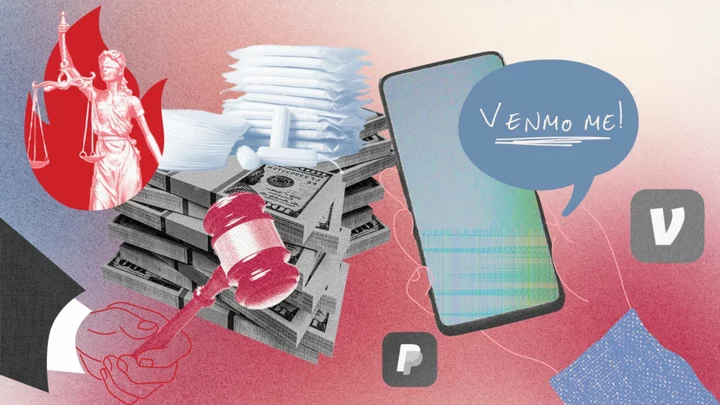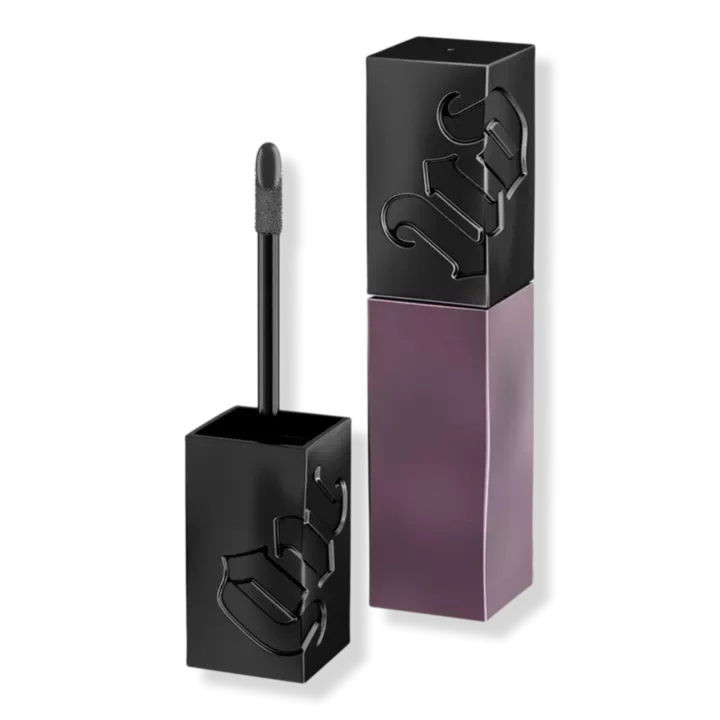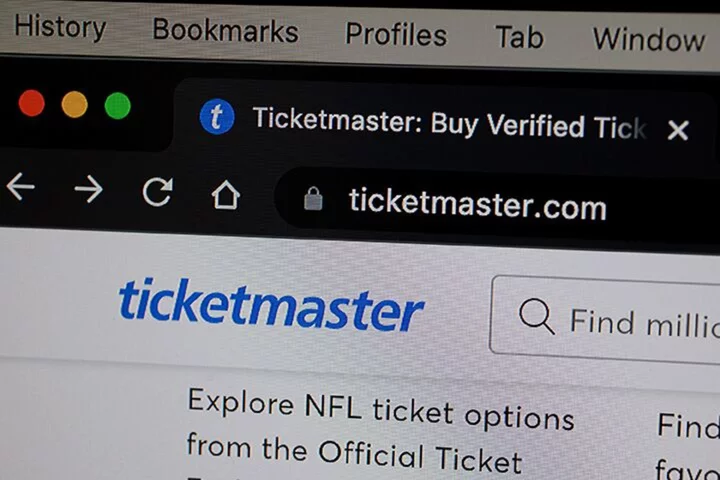If you're still stuck paying sales tax on menstruation products — which, reminder, are essential health purchases — it's time you got your money back.
Beginning on Oct. 11, individuals can be reimbursed for sales taxes on any purchase of August, Cora, LOLA, The Honey Pot, Rael, Here We Flo, Saalt, or DIVA products in states where menstruation products are taxed. All they have to do is log their receipts.
The Tampon Tax Coalition, as the brand collective is called, is a commitment by the eight period care companies to work towards abolishing luxury taxes applied to menstruation products, often called the tampon tax or a "pink tax," and recategorize these products as essential goods. August started a brand-specific #TamponTaxBack initiative in May to reimburse individuals for any tax paid on purchases of August tampons and pads.
SEE ALSO: The digital gender divide is about more than access, according to new Girl Effect reportAccording to global estimates, the average menstruating person will spend about $1,773 on period products in their lifetime. The average American will pay between $100 and $225 in tampon taxes over their lifetime.
Nadya Okamoto is the cofounder of August and founder of PERIOD., a global youth-focused nonprofit started in 2014 to address period poverty (or a limited or inadequate access to menstruation products and information due to financial or social barriers) and end menstruation stigma through advocacy, education, and service, including the distribution of menstruation products to grassroots organizations.
"Things like the tampon tax exist because of this misunderstanding or lie that period products are nonessential goods," Okamato explained. "And so the more we talk about periods openly, and make clear that period care is absolutely essential, the better."
Supporting new initiatives to tackle the tampon tax head-on is a long history of global advocacy and education. PERIOD. hosts an annual global event known as Period Action Day every second Saturday of October. This year, on Oct. 14, the organization is calling on supporters to virtually donate or join a local product drive with the goal of accumulating one million menstruation products for communities in need.
"I’m lucky enough to have worked in this space for going on 10 years," Okamoto told Mashable. "When I started this work at 16, the tampon tax was in 40 states, and now we are down to 21. There is more awareness about the issue of period poverty and stigma, and every year we make progress with research on period-related issues like endometriosis and uterine fibroids. I have more liberty posting and talking about periods on social media than I ever used to. And more national legislation passed in COVID relief bills around getting health savings accounts and flexible savings accounts to cover period care, as well as a more gender-inclusive period discussion."
But Okamoto says there are still hurdles on the path toward gender equity. "Progress has definitely happened, but in many ways there are continued barriers — literally anything regarding reproductive rights. With Roe vs. Wade being overturned, it ignited and made a lot of anti-choice rhetoric much more visible. Bills like HB 1069 in Florida are some of the most aggressive restrictions on sex education and period conversation."
The Tampon Tax Coalition thus joins an established movement of advocates, nonprofits, and even companies attempting to address gender-based discrimination, reproductive access, and period poverty.
Period Law, for example, is a coalition of volunteer attorneys from around the country working to advance state and federal period equity policies. The organization successfully worked for the repeal of tampon taxes in New York and Michigan, and launched its own Tampon Tax Refund activation in 2019. According to Period Law, $80.9 million in sales tax revenue has been collected from tampon taxes among the remaining states.
Despite an uphill battle against political attacks on reproductive and gender equality, there's still a sense of optimism among those working in this space, especially as reproductively regressive states have moved to address instances of the "pink tax." On Sept. 1, a new Texas law went into effect that eliminated sales tax on "feminine hygiene products," including menstrual pads, tampons, and menstrual cups.
"Talking about periods also involves so many intersectional issues around our bodily health and identity. The more we talk about having the education, empowerment, and resources to take care of your health," said Okamoto, "that is directly tied to reproductive health."
How to get your tampon taxes back
"The coalition mirrors the August model to a tee," Okamoto explained.
Those looking to get reimbursed for tampon taxes need just two things: a receipt of purchase and a valid Venmo or PayPal account.
The coalition will reimburse all eligible purchases from third-party retailers in the U.S., including Target and Amazon. Visit the Tampon Tax Back website to submit a receipt within 10 days of purchase. Individuals will be refunded within 24 hours.
Right now, 21 states still charge a tax for menstruation products:
Alabama
Arizona
Arkansas
Georgia
Hawaii
Idaho
Indiana
Kansas
Kentucky
Mississippi
Missouri
North Carolina
North Dakota
Oklahoma
South Carolina
South Dakota
Tennessee
Utah
West Virginia
Wisconsin
Wyoming
"We're actually doing something about the tampon tax: putting our money where our mouth is, even though we're not even the one charging the tampon tax," said Okamoto. "We're just reimbursing it — to take a stand against it."
Want to more Social Good stories in your inbox? Sign up for Mashable's Top Stories newsletter today.









